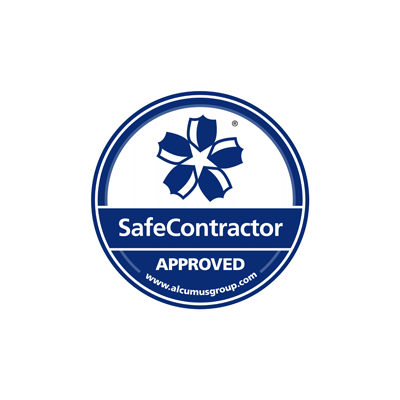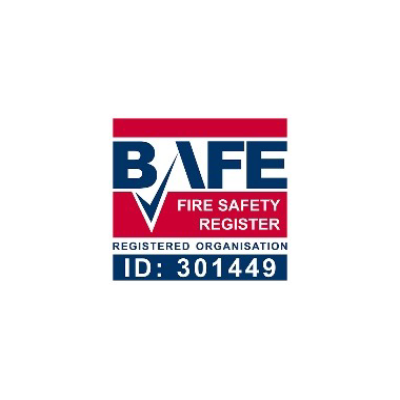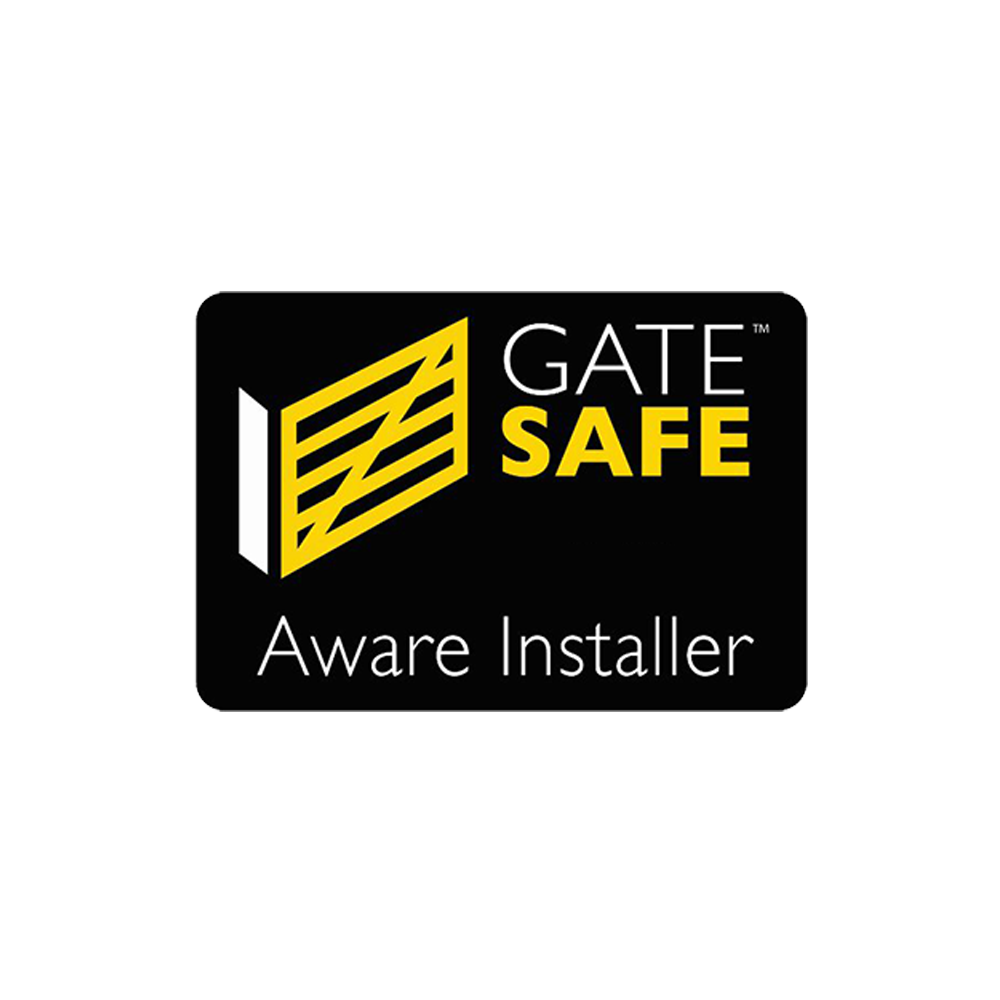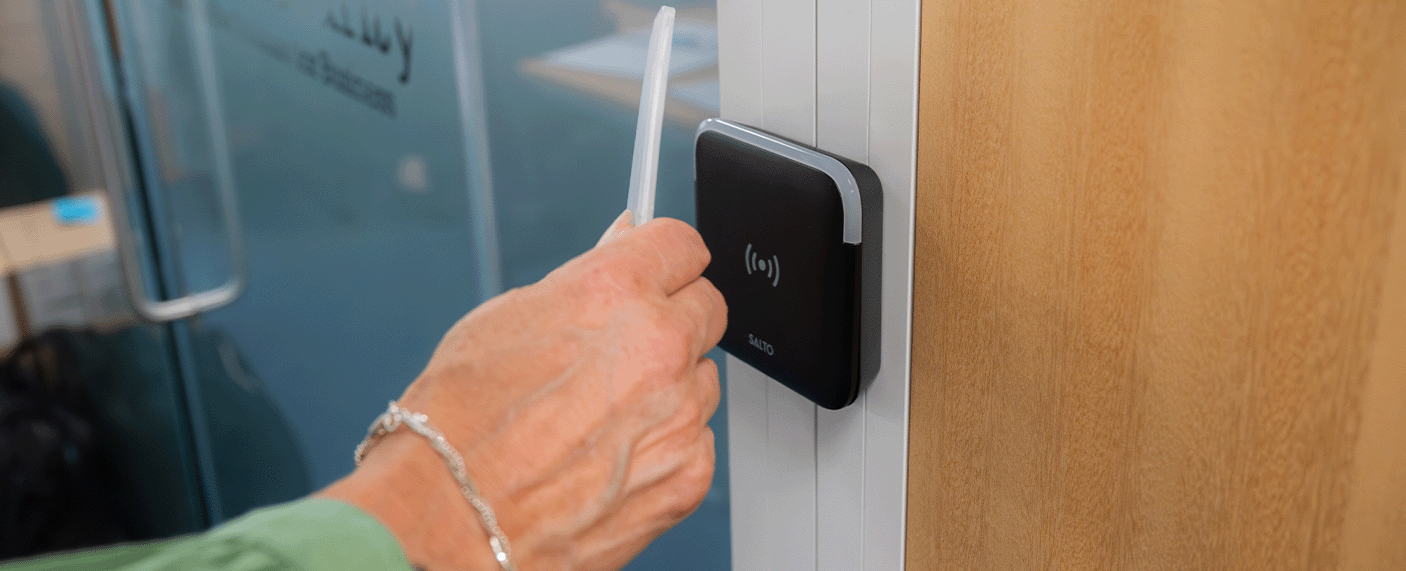- Security Solutions >
- Access Control Installation
- CCTV Installation
- CCTV Maintenance
- Intercom Systems
- Intruder Alarms
- Monitoring & Surveillance
- Perimeter Detection
- Gates & Barriers
- Security Risk Assessments
- Fire Safety >
- Fire Protection & Life Safety
- Fire Suppression
- Fire Extinguishers
- Fire Risk Assessments
- Monitoring
- Drax Technology
- Case Studies
- Sectors
- About Us >
Security Solutions Back
Security Solutions Back

Our News
Featured Article
Choosing the Right Access Control Solution: Why SALTO Stands Out
Posted: 08.10.2025
Posted: 22.01.2025
Simplifying Fire Alarm Testing with Honeywell’s Self-Test Technology
Read Article





Get In Touch
Email: sales@brunelsecurity.co.uk Call: 0117 259 1000
Email: sales@brunelsecurity.co.uk
Call: 0117 259 1000
Get In Touch
Email: sales@brunelsecurity.co.uk Call: 0117 259 1000
Email: sales@brunelsecurity.co.uk
Call: 0117 259 1000


